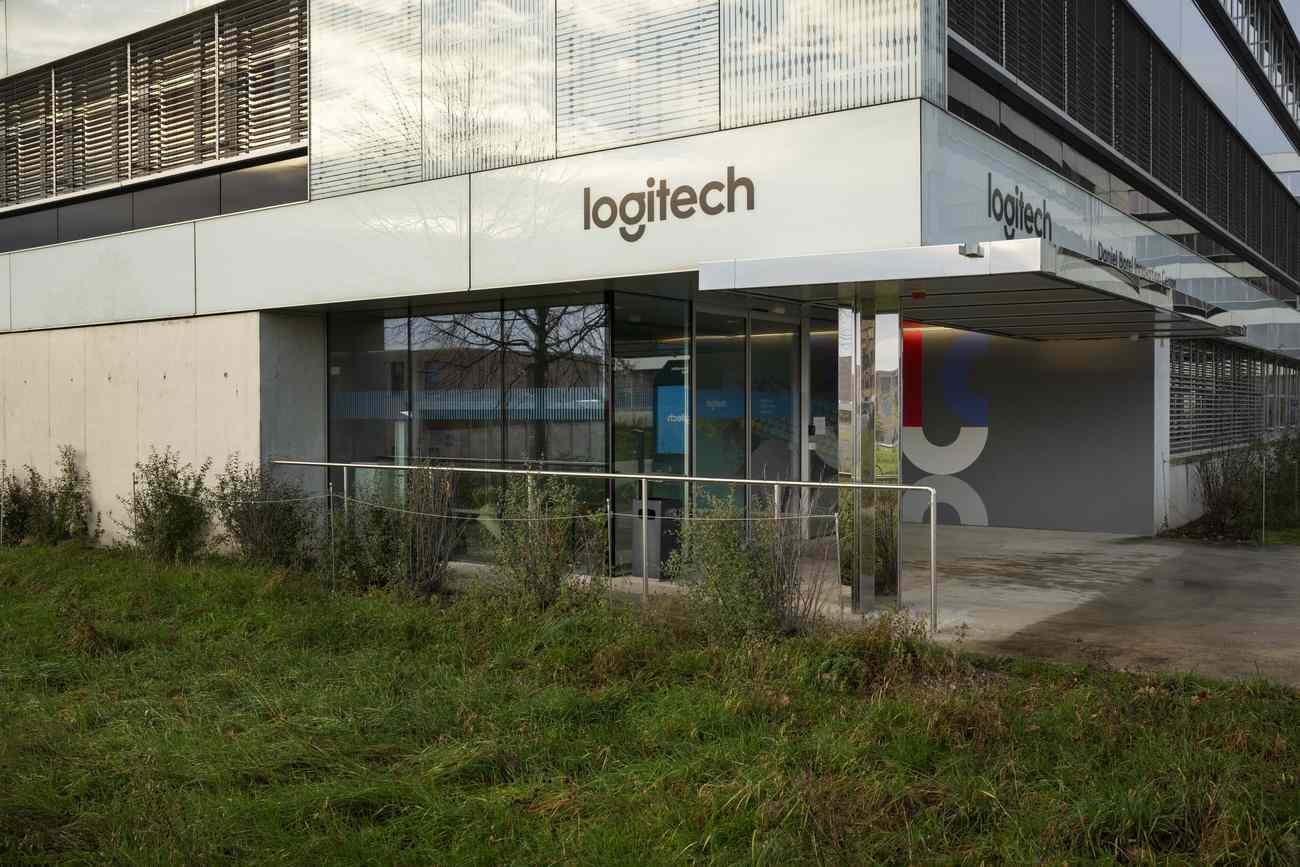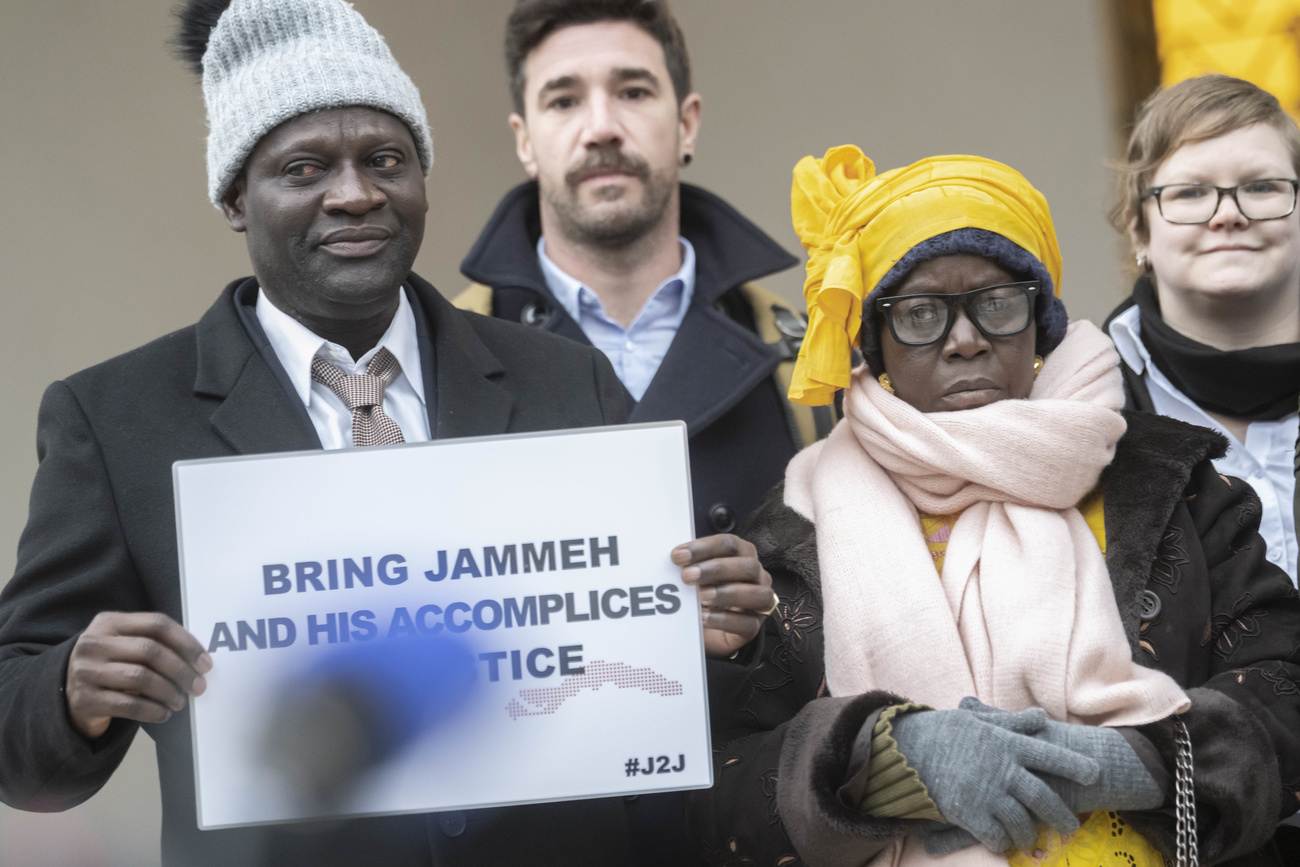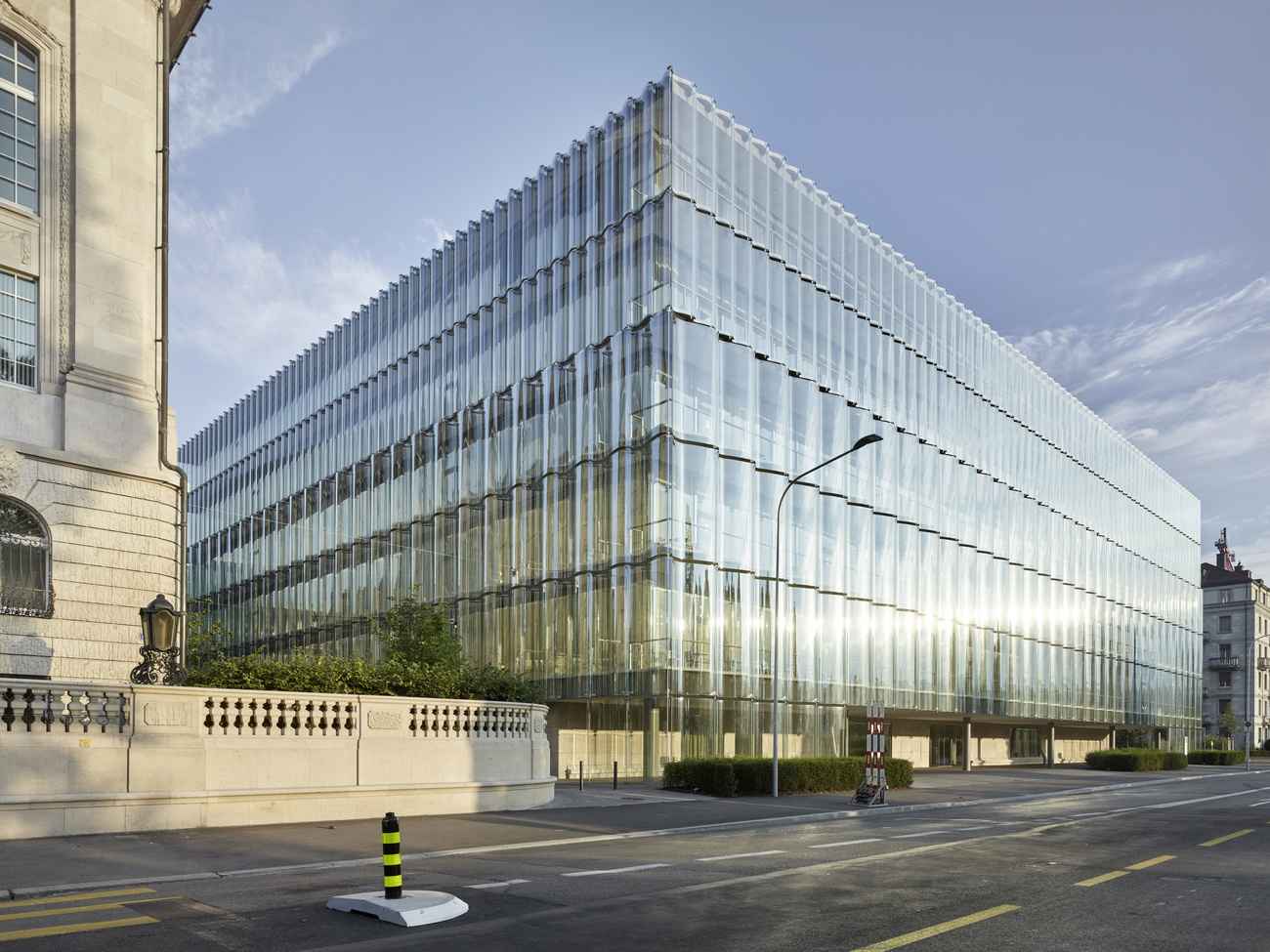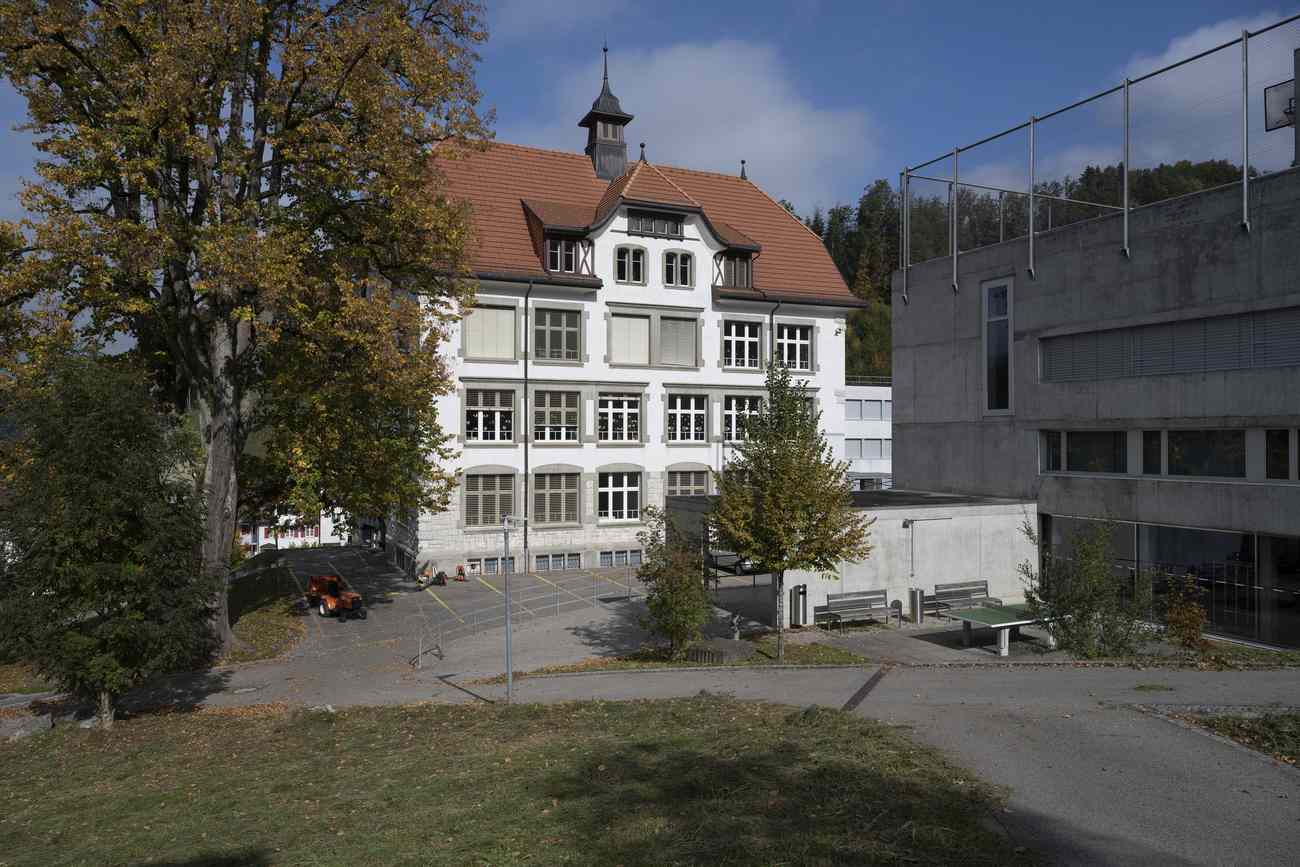The most important facts in brief about the Secure Power Supply Act
Published: Monday, Mar 18th 2024, 16:52
Zurück zu Live Feed
On June 9, Swiss voters will express their opinion on the implementation of the energy transition in Switzerland, specifically on the law for a secure electricity supply with renewable energies, or the Energy Cloak Decree for short. The bill passed by parliament in the fall of 2023 is being fought with a referendum.
The initial situation
By voting yes to the Energy Strategy 2050 in 2017, Swiss voters decided to strengthen the expansion of renewable energies and prohibit the construction of new nuclear power plants. The existing nuclear power plants may continue to operate as long as they are safe. As Environment Minister Albert Rösti recently said in parliament, a decision will be made from 2029 as to whether the Beznau I and II reactors will be taken off the grid from 2032.
nuclear power plants accounted for a good 36 percent of Switzerland's electricity supply in 2022. Just under 53 percent of electricity comes from hydropower plants and less than ten percent is generated using various renewable energies.
Due to the Russian attack on Ukraine, dry and hot summers in Switzerland and a temporary shortage of electricity imports, Switzerland's electricity supply is fragile. And due to decarbonization, the demand for electricity will increase in the coming decades.
This is what the bill wants
A revision of the Energy and Electricity Supply Act - the Energy Package Decree - is intended on the one hand to promote electricity production from renewable energies and increase security of supply, and on the other hand to reduce electricity consumption. The Federal Council and Parliament want to make it easier to plan and approve large-scale electricity production plants and to encourage the construction of small solar plants. A solar obligation only applies to new buildings with 300 or more square meters of chargeable surface area.
In suitability areas defined by the cantons, large solar and wind power plants are to be given priority over other interests, including nature conservation and agriculture. However, the population still has a say in planning and construction. For 16 hydropower projects explicitly mentioned in the law, there will be planning simplifications and slightly fewer co-determination rights compared to today. However, power plants in biotopes of national importance and in water and migratory bird reserves are to be excluded.
The proposal also contains savings targets: Average energy consumption per capita per year must fall by 43 percent by 2035 compared to 2000 levels and by 53 percent by 2050. And average electricity consumption per capita and year is to fall by 13 percent by 2035 and by 5 percent by 2050 compared to 2000 levels.
Electricity providers must save a certain percentage of their sales per year - specific details are provided by the Federal Council. Electricity suppliers can, for example, advise end consumers on the purchase of new systems and appliances or charge dynamic electricity tariffs.
The bill does not introduce any new charges for consumers. The grid surcharge to promote electricity production from renewable energies remains at 2.3 centimes per kilowatt hour.
The supporters
"We need a lot more electricity": with these words, Energy Minister Albert Rösti wants to convince voters to approve the energy decree. He speaks of a "balanced compromise" between electricity production and the interests of environmental protection and agriculture. Parliament approved the bill last fall with only a few votes against.
In addition to several major political parties, environmental organizations such as the WWF, Greenpeace, the Swiss Energy Foundation (SES) and the "Never again nuclear power plants" association are also in favour of the blanket decree. Business associations from various sectors, including Economiesuisse, Swisscleantech and the TCS, are also calling for a yes vote.
The opponents
A small alliance led by Pierre-Alain Bruchez from Neuchâtel, the Swiss Free Landscape Association and the Fondation Franz Weber (FFW) are fighting against the energy decree with a referendum. They criticize the fact that the law for a secure power supply with renewable energies was passed in haste and goes too far. It makes no sense to clear forests for wind turbines, disfigure Alpine landscapes with solar panels and flood biotopes for hydropower in the name of the climate.
©Keystone/SDA










